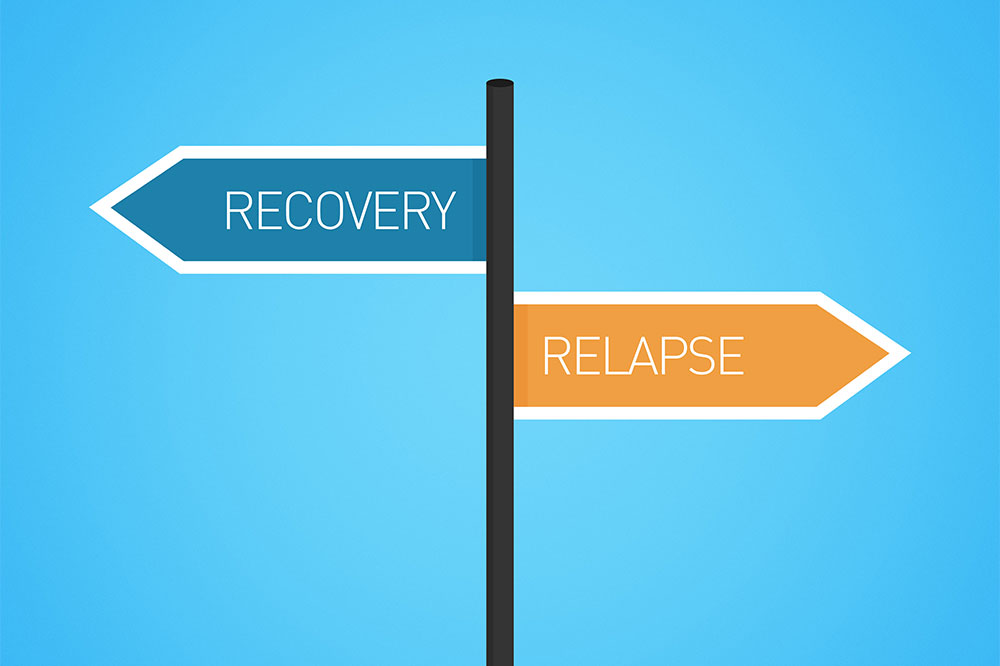Effective Strategies for Sustaining Sobriety After Mild Drug Dependence
Discover comprehensive strategies to maintain sobriety after mild drug dependence. This article explores outpatient programs, therapy, medication, lifestyle changes, and support systems essential for long-term recovery. Learn how to build a sustainable and healthy drug-free life with expert advice and practical tips for avoiding relapse.

Recovering from mild drug dependence is a journey that requires continuous effort, dedication, and support from various sources. While the path to sobriety can be challenging, adopting comprehensive strategies can significantly improve the chances of long-term success. The first step in maintaining sobriety involves engaging in outpatient rehabilitation programs, which are tailored to help individuals gradually adjust to a substance-free lifestyle while keeping their daily routines intact. These programs provide essential counseling, education, and monitoring, acting as a safety net to prevent relapse and escalation of dependence.
One of the foundational elements of sustaining sobriety is integrating therapy and medication management. Professional therapy sessions, such as cognitive-behavioral therapy (CBT), help individuals understand and address the root causes of their dependence, learn coping mechanisms, and develop healthier behavioral patterns. When paired with appropriate medications, therapy can reduce cravings and stabilize mood swings, which are often triggers for relapse. Regular follow-up and adherence to prescribed treatment plans are crucial in maintaining stability and preventing a return to substance use.
Long-term sobriety significantly depends on ongoing counseling and support systems. Continued engagement with mental health professionals ensures that challenges are managed promptly and effectively. It also provides a space to discuss setbacks and develop strategies to stay on track. Support groups such as Narcotics Anonymous (NA) or other community-based recovery groups offer invaluable peer support, understanding, and motivation. Sharing experiences within these groups fosters a sense of belonging and accountability, which are important in avoiding relapse.
In addition to professional support, lifestyle modifications play a vital role in maintaining sobriety. Avoiding places, people, or circumstances that could trigger cravings is an essential step. For instance, individuals are advised to stay away from environments where they previously used substances or associated with negative influences. Sticking strictly to prescribed medications and treatment regimens helps prevent accidental lapses. Engaging in constructive activities—such as hobbies, sports, or volunteer work—can fill the void left by substance use and promote mental and physical well-being.
Building a daytime routine filled with positive engagements also contributes to stability. Regular exercise, healthy eating, and adequate sleep support overall health and resilience. Moreover, developing new social networks that promote sobriety can reinforce healthy habits and provide additional emotional support.
Seeking professional guidance whenever challenges arise is fundamental. Whether through individual counseling, family therapy, or medical consultations, professional help ensures that recovery remains on course. Education about the nature of addiction and relapse prevention strategies empowers individuals to recognize warning signs early and respond appropriately.
Ultimately, maintaining sobriety after mild drug dependence is a multifaceted process that integrates medical treatments, psychological support, lifestyle adjustments, and community participation. Achieving lasting recovery requires patience, persistence, and a proactive approach to managing triggers and vulnerabilities. With the right support system and personal commitment, individuals can enjoy a fulfilling life free from substance dependence and its associated risks.





